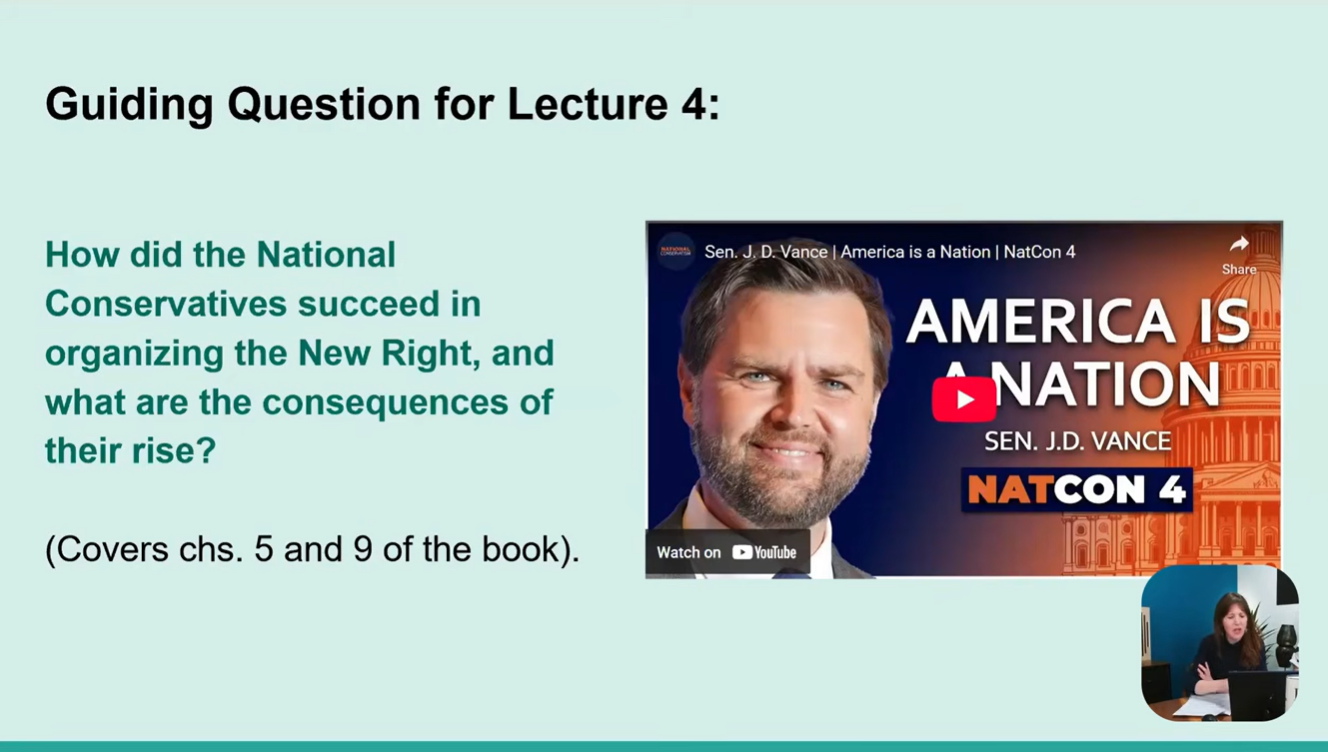The Week that Was: All of Lawfare in One Post
Your weekly summary of everything on the site.
Bradley P. Moss explored the legal risks that the Justice Department will face if it chooses to indict former National Security Adviser John Bolton for disseminating classified information in the publication of his tell-all book. Anna Salvatore posted a letter written by former NSC employee Ellen Knight about her role in the prepublication review of Bolton’s memoir and criticizing the government’s “extraordinary actions” to block the book from publication.
Jen Patja Howell shared the “Could Have Done More” Edition of Rational Security:
Tia Sewell posted a federal judge’s decision denying the Justice Department’s request to dismiss a lawsuit filed by Andrew McCabe, the former deputy director of the FBI, regarding his allegedly unlawful demotion in 2018.
Lestor Munson shared this week’s episode of Fault Lines featuring remarks on Turkey and Greece’s strife over natural gas, America’s stance toward North Korea and the protests in Belarus, among other things:
Steve Slick and Joshua Busby examined a 2019 survey designed to shed light on Americans’ perceptions of the intelligence community and discussed how Americans continue to support U.S. intelligence agencies, despite the president's persistent attacks against their credibility.
Jacob Schulz shared a March 5 opinion from the Foreign Intelligence Surveillance Court pertaining to a proposed novel electronic surveillance technique.
Howell also shared an episode of the Lawfare Podcast with Rebecca Lissner, assistant professor at the U.S. Naval War College and Mira Rapp-Hooper, senior fellow at Yale Law School’s Paul Tsai China Center, on their new book, "An Open World: How America Can Win the Contest for 21st-Century Order":
Gary Corn argued that the customary international law prohibition against intervening in another state’s affairs is increasingly important in maintaining a rules-based order in the modern information environment.
Howell shared an episode of the Lawfare Podcast featuring an interview with Nina Jankowicz, a disinformation fellow at the Wilson Center, about her new book, “How to Lose the Information War: Russia, Fake News, and the Future of Conflict”:
Sewell shared Senate Republicans’ widely disparaged report on the ties between Hunter Biden and Ukraine, as well as a rebuttal report by congressional Democrats.
Stewart Baker released an episode of The Cyberlaw Podcast featuring a conversation with John Yoo and Mark MacCarthy about a federal court’s recent injunction against banning WeChat. The show also includes an interview with Michael Brown, a defense technologist, on his work for the Defense Innovation Unit in Silicon Valley:
Quinta Jurecic shared the Justice Department’s new proposed legislation to revise Section 230 of the Communications Decency Act, which shields tech companies from liability for third-party content posted on their platforms.
Trey Herr, Garrett Hinck and Tim Maurer answered questions about reports they recently published concerning public policy, cybersecurity and cloud computing.
Sewell shared a public service announcement published by the FBI & CISA warning that foreign actors are likely to spread disinformation about the results of the 2020 U.S. presidential election.
Jack Cable, Sydney Frankenberg, Pierce Lowary, Chase Small, Michael A. Specter, Adriana Stephan and Alex Zaheer explained why online voting should not be used in a U.S. election anytime soon.
John Curiel and Angelo Dagonel analyzed Wisconsin’s 2020 primary election and explored the coronavirus-related challenges the state’s officials are facing in the run-up to November. And in another installment of the Stanford-MIT Healthy Elections Project, Blair Read discussed challenges that will face North Carolina throughout the presidential election season.
Howell shared an episode of the Lawfare Podcast featuring an interview with Lawfare’s Bobby Chesney, former Secretary of Homeland Security Jeh Johnson and Texas Congressman CHip Roy, who discussed Portland, DHS and the current shortage of civil discourse in the United States:
Sewell posted a livestream of the Senate Homeland Security Committee’s hearing on threats to the homeland.
Howell shared an episode of the Lawfare Podcast featuring conversation with Elizabeth Neumann, former assistant secretary for threat prevention and security policy at DHS, Kathleen Belew, historian at the University of Chicago and Lawfare’s editor in chief, Benjamin Wittes, on the threat of white supremacist violent extremism in the United States:
Sewell also shared a livestream of the Senate Homeland Security Committee’s nomination hearing for Chad Wolf to serve as the secretary of DHS.
Russell Spivak summarized a Fifth Circuit ruling that the Selective Service’s male-only registration requirement did not violate the Constitution’s Equal Protection Clause.
Howell shared an episode of the Lawfare Podcast in which Jacob Schulz spoke with Vira Mironova, a research fellow at Harvard, and Fionnuala Ní Aoláin, the United Nations special rapporteur on the promotion and protection of human rights and fundamental freedoms, about Islamic State women now living in Syrian camps:
Sean Quirk analyzed recent developments in the South China Sea in the latest edition of Water Wars.
Jordan Schneider shared an episode of ChinaTalk featuring an interview with Adam Tooze on why history matters and what lessons from the 20th century can be applied to the world today:
Cornell Overfield explored the implications that a 72-year-old Kiwi sailor’s transit through the Northwest Passage could present for Canada’s arctic claims.
Matthew Waxman announced his new, free “model casebook chapter” on constitutional war powers, co-authored by Tulane Professor Stephen Griffin.
Sewell shared a D.C. Circuit ruling that the House of Representatives has standing to challenge President Trump’s reallocation of funds in the federal budget to construct a border wall.
Sewell also shared a livestream of the House Oversight Committee’s hearing on the Trump administration’s Afghanistan strategy.
And Lee Sutherland explained what the Federal Acquisition Security Council is and how it will help executive agencies identify and exclude certain products that pose supply-chain threats.
And that was the week that was.






